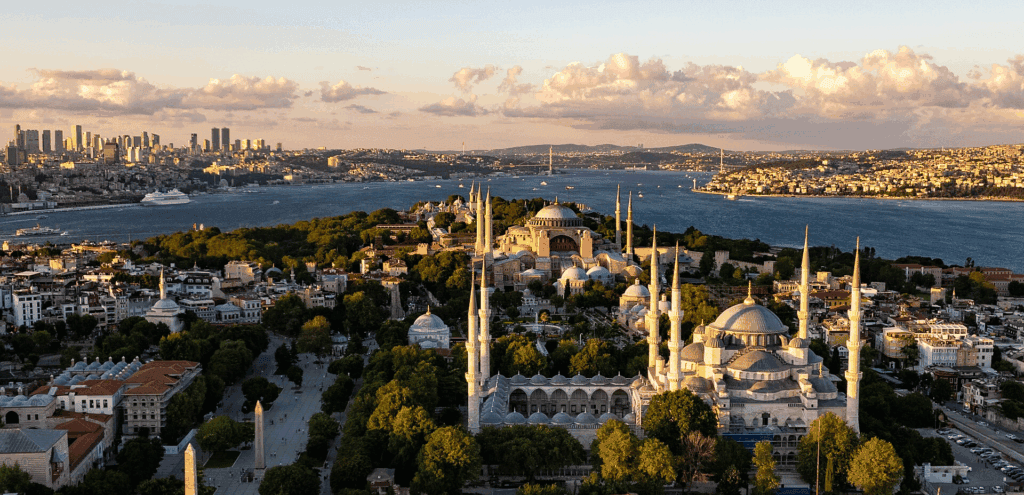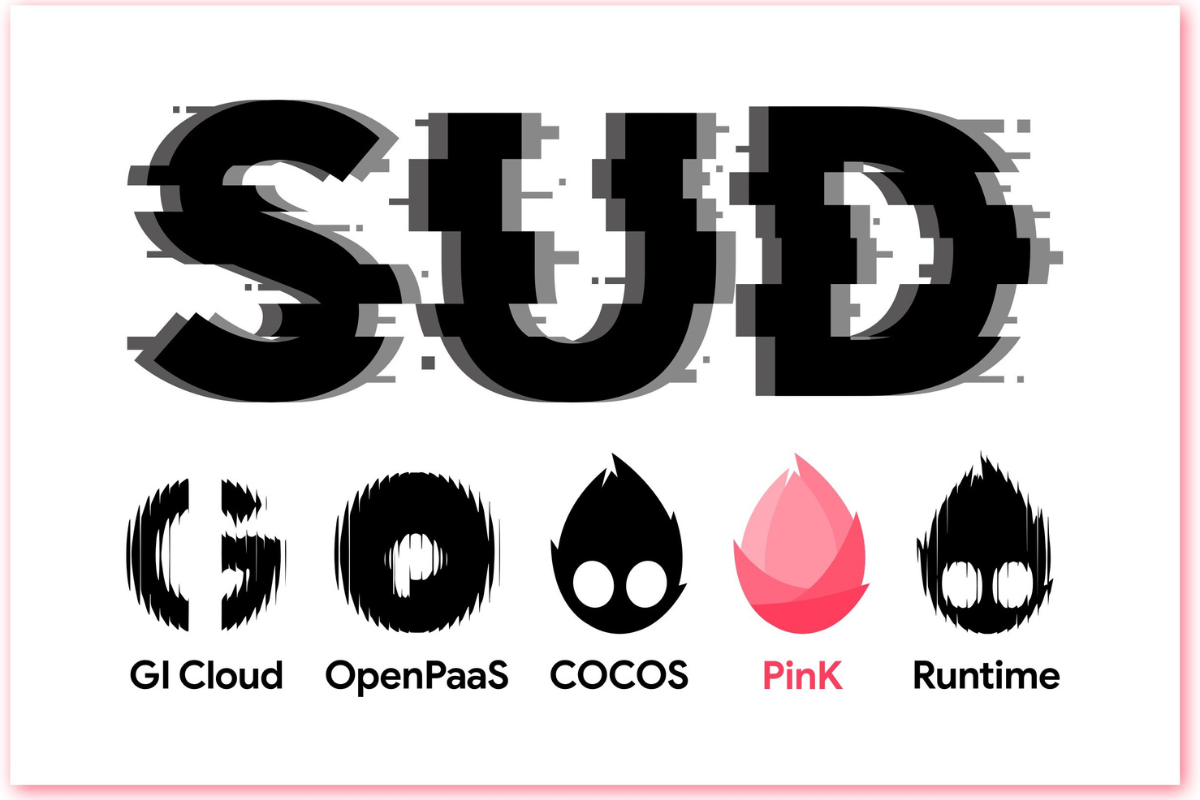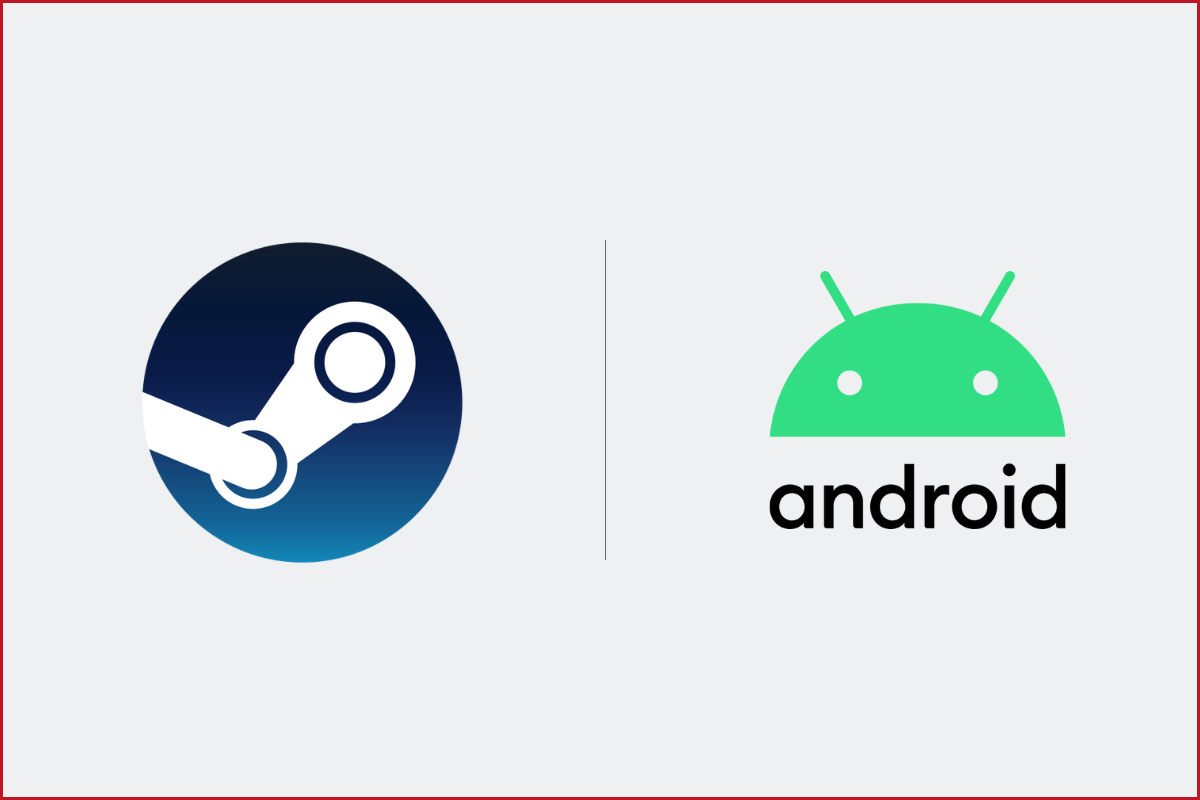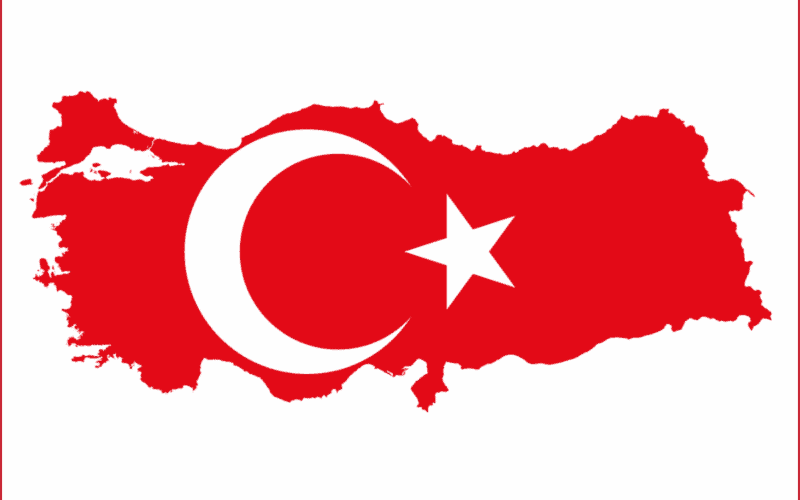Depending on who you ask, Turkiye is part of MENA (Middle East and North Africa), EMEA (Europe, the Middle East, and Africa), or MENAT, where the “T” explicitly stands for Turkiye. This classification inconsistency reflects more than just geographical ambiguity. It highlights a deeper issue in how the global industry organizes its strategies, support structures, and market entry plans for one of gaming’s most promising growth regions.
At the heart of it all is Istanbul, a city that has become one of Europe’s most active gaming hubs. With Peak and Dream, billion-dollar game companies, multiple $100+ million exits, and a steady pipeline of promising startups, Turkiye has proven that it is more than just an emerging market. It’s a country that deserves a clearly defined role in the global gaming map.

A Region in Flux
Geographically and culturally, Turkiye sits at the intersection of Europe, the Middle East, and Central Asia. This unique positioning has often made it a bridge between regions. In the gaming world, however, that positioning has created confusion.
Some service providers and networks group Turkiye under MENA for simplicity. Others place it within EMEA due to shared time zones and operational logistics. A growing number have started using MENAT, recognizing Turkiye’s importance in its own right. But in many cases, it’s still not clearly mapped, and that creates friction.
I’ve personally heard from companies that because Turkiye isn’t properly categorized within their regional strategies, no one ends up focusing on the market. This oversight results in missed opportunities, delayed partnerships, and a lack of localized support at key moments.
Representation vs. Recognition
Despite its rapid rise, especially in mobile gaming, Turkiye still lacks consistent local representation from some of the industry’s biggest platforms. For example, Epic Games, despite its growing user base in the region, does not yet have a local representative dedicated to Turkiye.
In contrast, most hypercasual and hybrid-casual publishers now operate with dedicated Turkish teams. Many global vendors, analytics tools, and monetization platforms also offer Turkish-speaking support or work with regional experts to stay connected. These companies understand that Turkiye’s developer and player communities are active, influential, and growing fast.
Early Movers Will Win
Turkiye’s gaming ecosystem is still developing, but the pace is accelerating. There is strong local talent, increasing international attention, and a surge of new studios and platforms emerging across the country.
While some companies wait for the region to be fully mapped out, early movers who invest now will secure strategic positions and long-term partnerships. This is not a market to keep on standby, it’s one to engage with directly.
Turkiye is no longer just a footnote in global gaming. It’s time for the industry to stop asking whether it belongs to MENA or EMEA and start recognizing it as a market that requires its own definition, investment, and presence.






